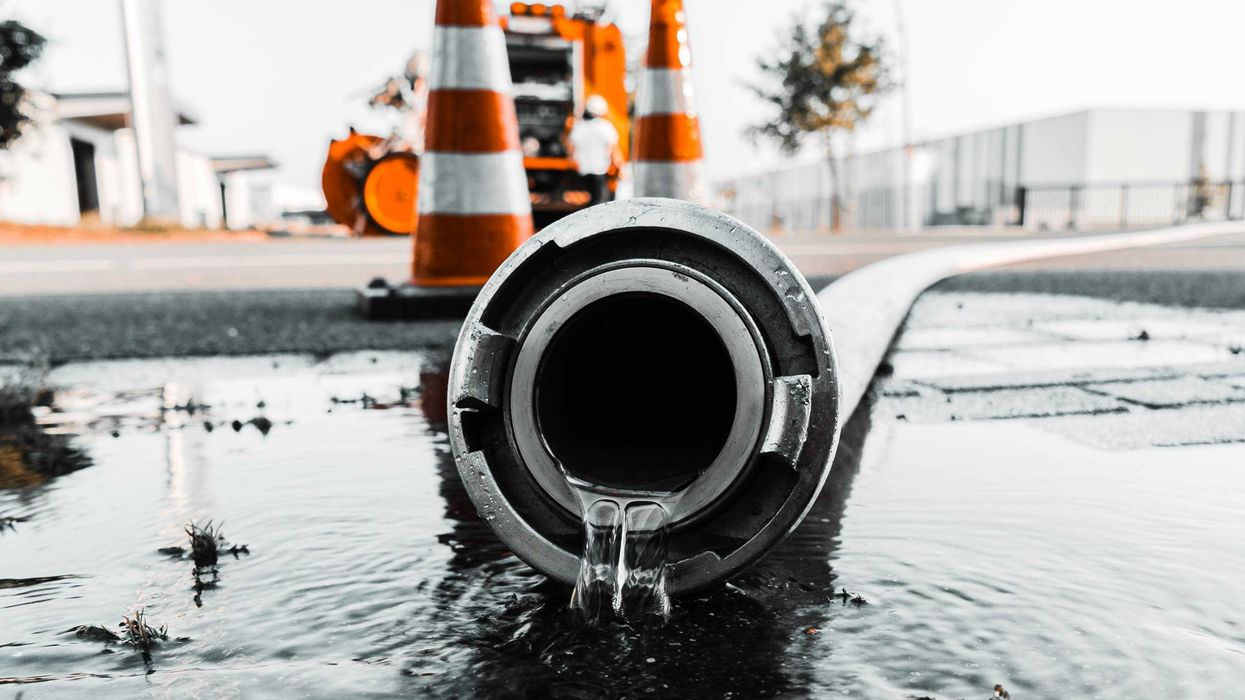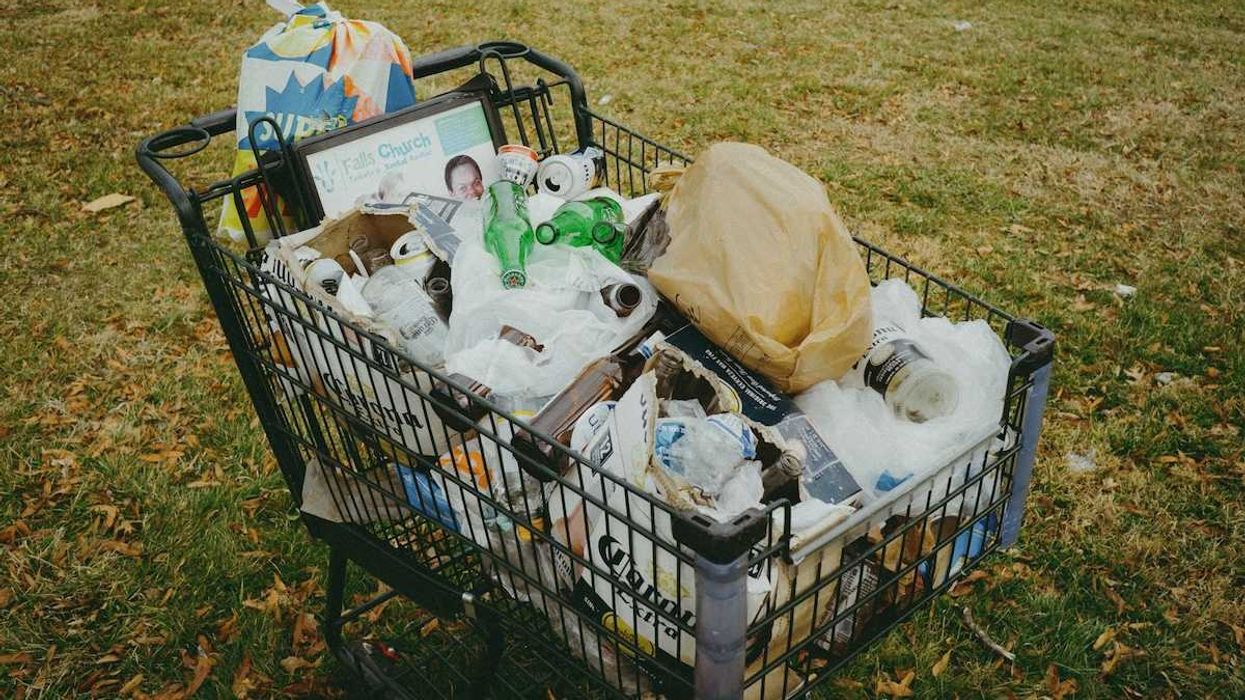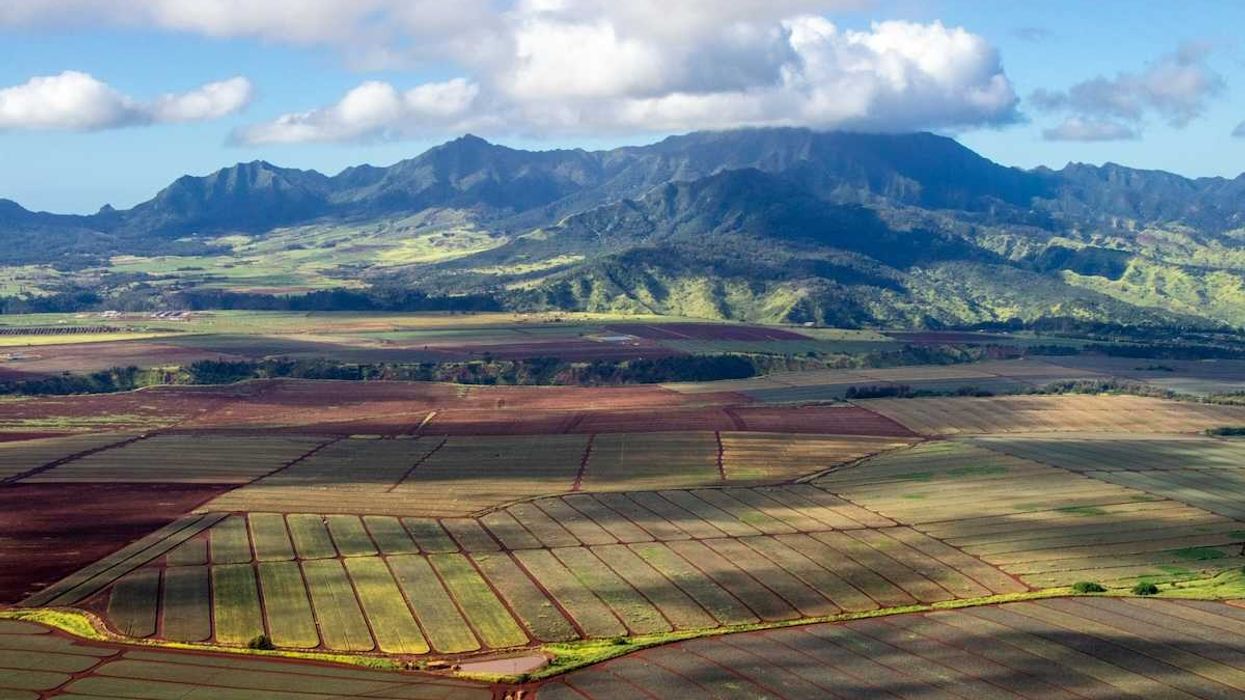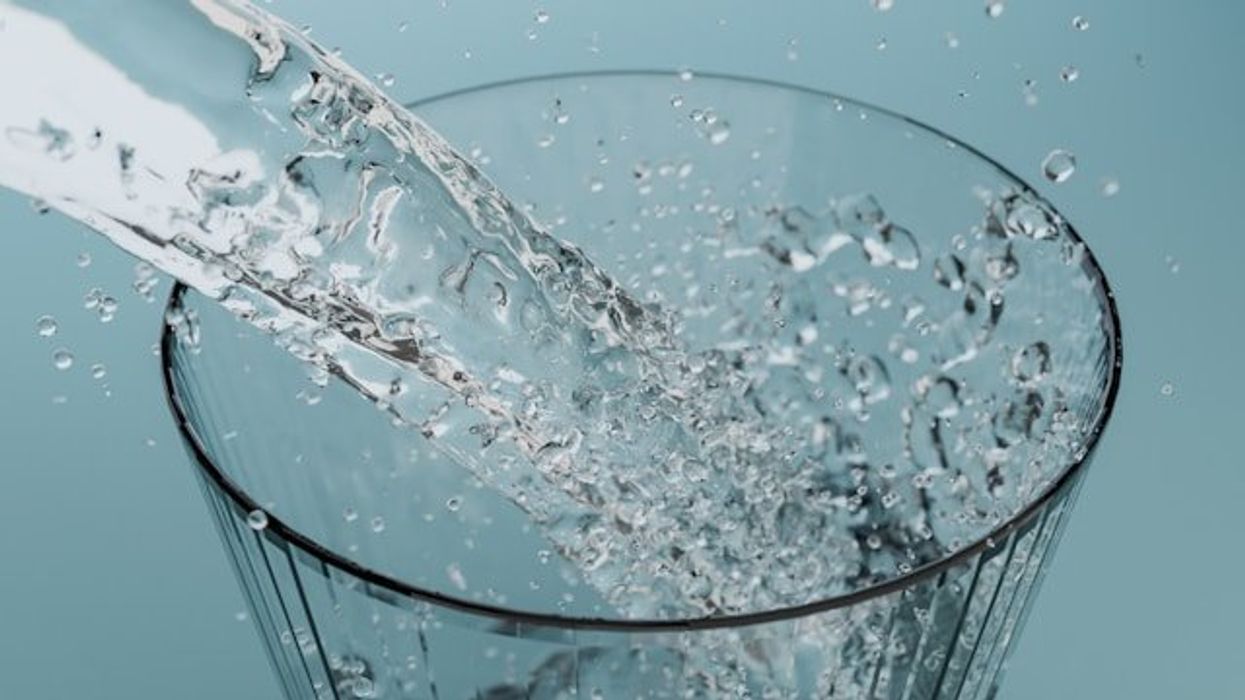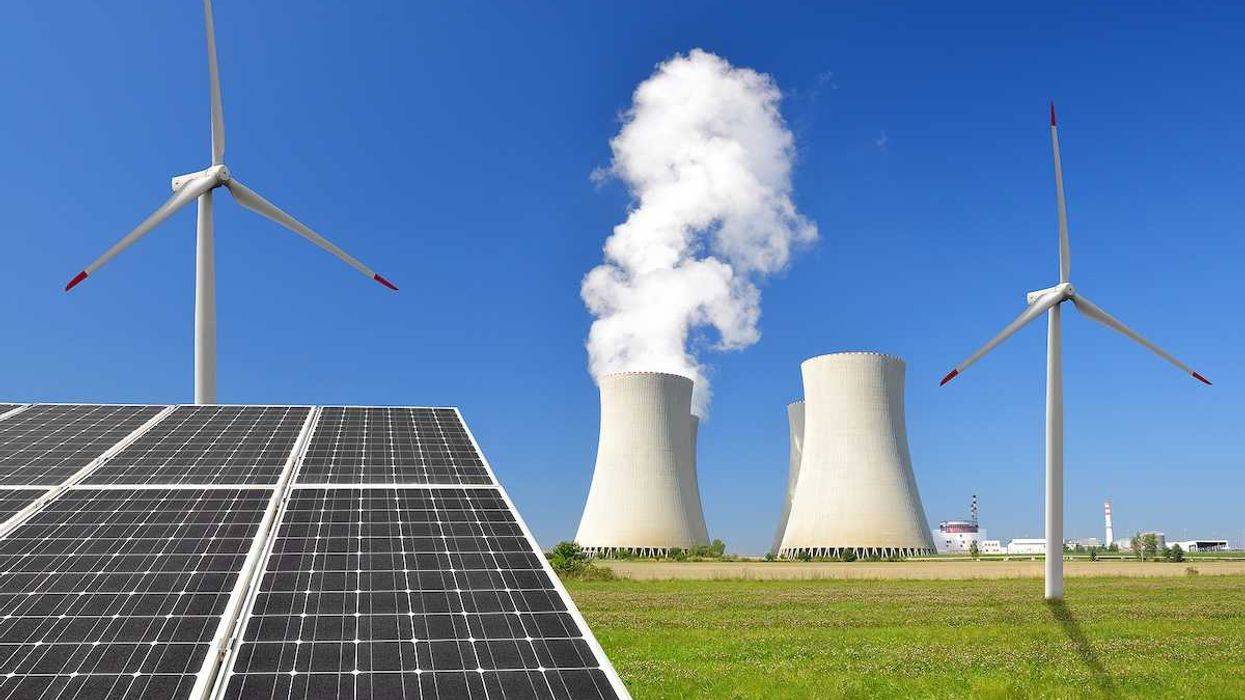Intensifying nitrogen and emerging pollutants are threatening the world's freshwater supplies, a new study suggests.
Sean Mowbray reports for Mongabay.
In short:
- A recent study predicts nitrogen pollution may triple water scarcity by 2050, with 3,000 river basins potentially affected.
- Climate change is expected to worsen this threat, increasing the risks to public health and biodiversity.
- Proposed solutions include improved fertilizer use and wastewater treatment to reduce pollution.
Key quote:
“Water pollution is becoming a very important cause of water scarcity. You may have enough water, but if the quality is poor, then it cannot be safely used by humans or nature.”
— Mengru Wang, research associate at Wageningen University
Why this matters:
Water scarcity, an increasingly critical global issue, is exacerbated by a less visible but significant threat: nitrogen pollution. The challenge of mitigating nitrogen pollution is complex, involving the need for improved agricultural practices, wastewater treatment upgrades, and cleaner energy sources.
Across the U.S. nitrogen pollution from livestock manure has increased 46 percent over the past 80 years, according to a 2015 study.


